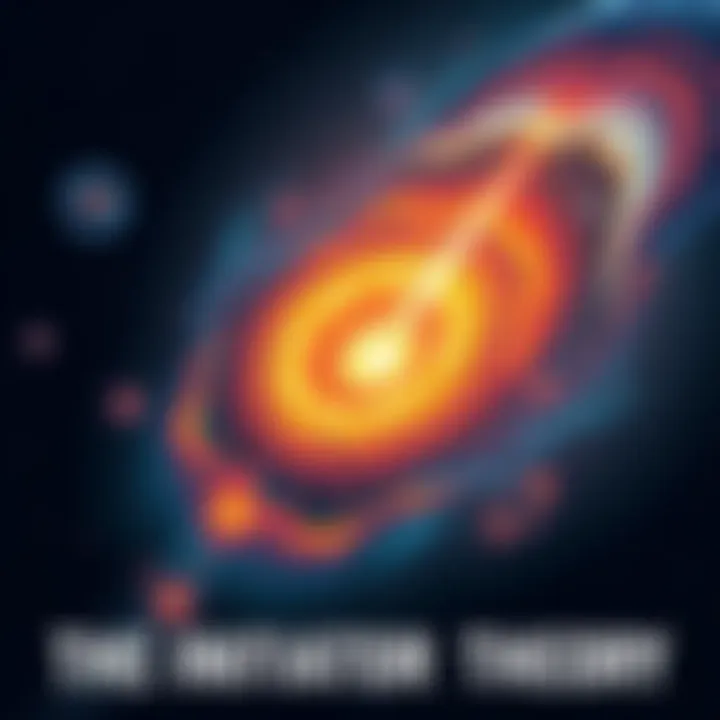The Initiator Theory | Bold Concepts Challenge Our Understanding of Cosmic Origins

A space enthusiast from the Czech Republic presents a new theory regarding the universe's beginnings, generating heated discussions among space fans online. With multiple perspectives on the topic, the Initiator Theory faces both support and skepticism as people consider its implications.
What Is the Initiator Theory?
Vojtěch, a space aficionado, proposes a framework that introduces the "Initiator"—a singularity believed to be the source of the universe. His ideas aim to explain what may have occurred before the Big Bang, seeking answers to the fundamental nature of the cosmos.
Key Components of the Theory
Cyclic Universe: Proposes infinite cycles of cosmic explosions and expansions rather than a single event.
Nature of the Initiator: A hot plasma ball with immense gravitational effects, distinct from conventional black holes.
Particle Dynamics: Presents a potential end for the universe, whether through a return to the original Big Bang location or random particle collisions.
Vojtěch states, "The Big Bang is just the explosion of the Initiator, beginning the universe's cycle."
Insights From the Community
The theory has sparked varied responses from people on forums. Some praise Vojtěch's creativity, while others are less enthusiastic, suggesting he needs a stronger mathematical foundation.
One commenter challenges the theory, saying, "No, not before he learns about math."
Another expresses support, mentioning, "Don’t mind the haters man, keep exploring. You in Praha?"
This mix of sentiments emphasizes ongoing debates about unconventional theories in modern cosmology.
The Cycle of Cosmic Events
Interestingly, Vojtěch's approach highlights the importance of dark matter and fundamental particles like gravitons and quarks in his theory. He believes these elements play a crucial role in the formation of new singularities.
He elaborates that the universe might not be in its first cycle and theorizes that if humanity learns to survive, it may adapt to the birth of a new universe.
The Path Forward
The growing discussion around the Initiator Theory could attract attention from scientists seeking to challenge existing cosmic models. Experts suggest a 60% likelihood that further research will explore Vojtěch's engaging ideas and their scientific implications.
Key Takeaways
🚀 The theory questions our understanding of the universe's origins.
🔄 It suggests cycles of cosmic occurrences may exist, reshaping traditional ideas.
🌀 “Particles collide and a new Big Bang occurs, but after the explosion, everything is not the same,” Vojtěch emphasizes.
As enthusiasts debate and explore these ideas, the potential for breakthroughs in particle physics remains high. Curiously, could new cosmic understandings arise from innovative theories championed by independent thinkers?
